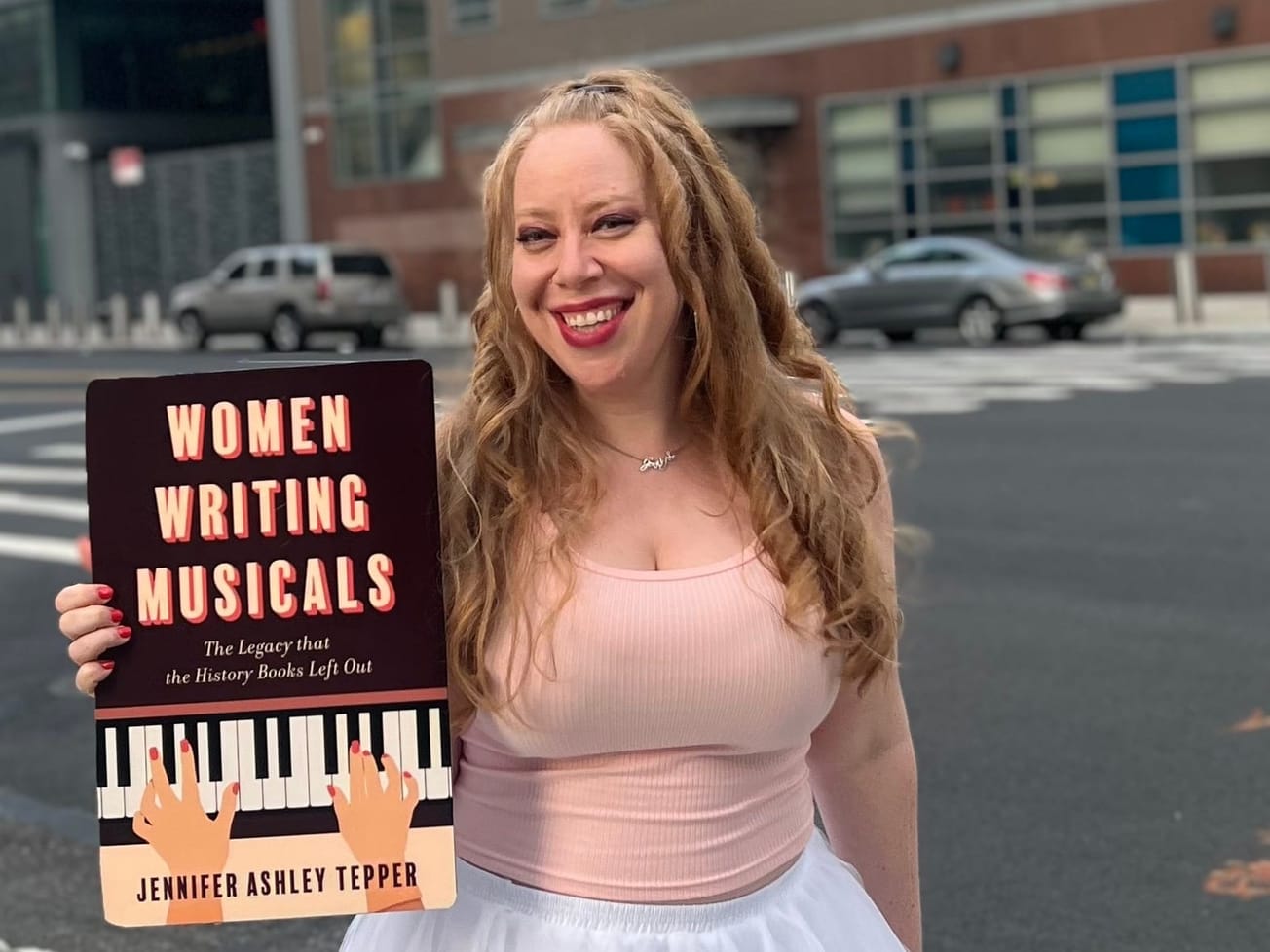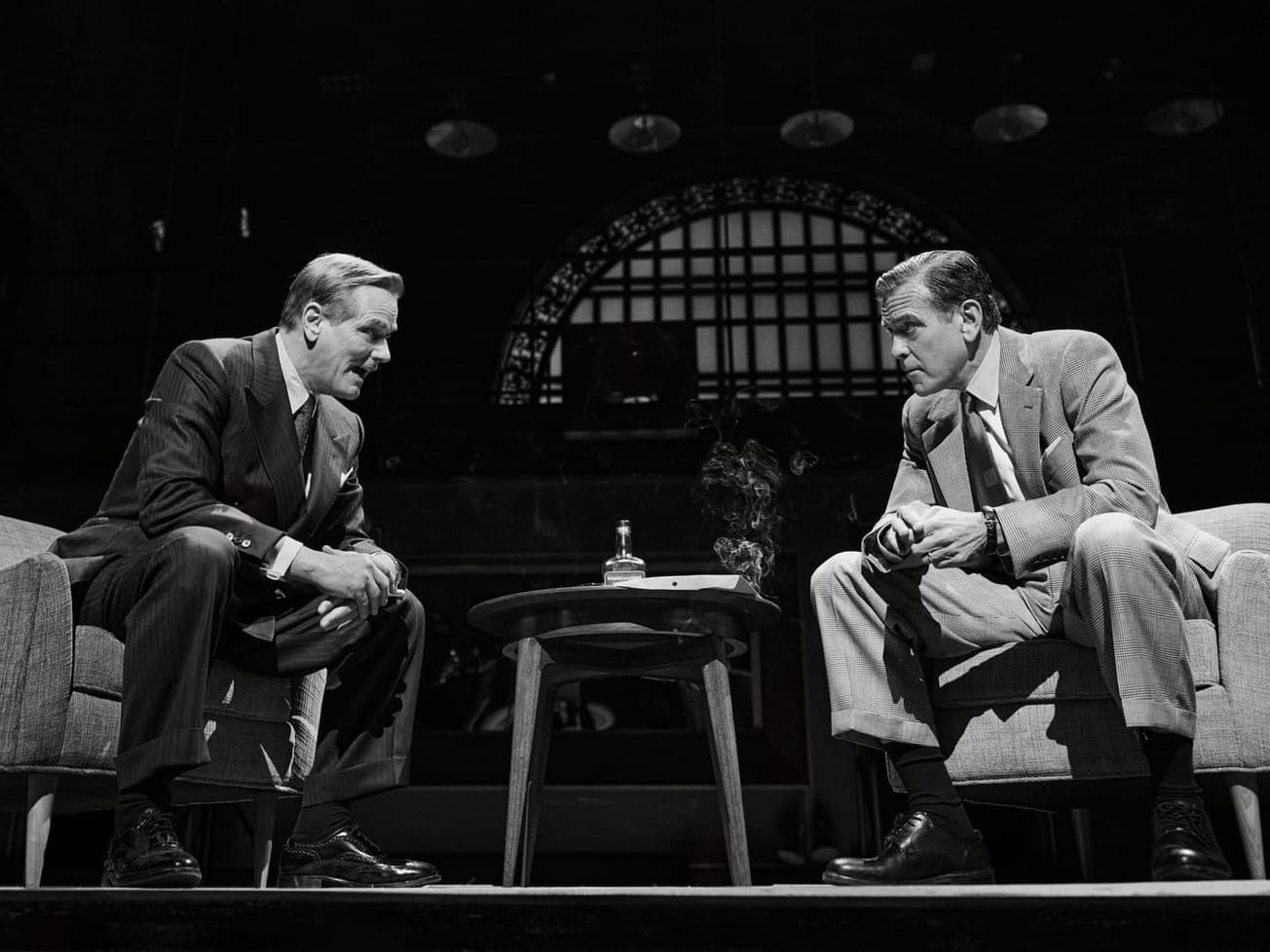Jennifer Ashley Tepper is the author of the series “The Untold Stories of Broadway.” For these volumes — so far, four of them — Tepper has interviewed hundreds of living theater professionals to uncover their inspirations, backstage anecdotes, creative processes and more. But, as Tepper writes in the introduction to her latest title, “One question that came up repeatedly while I was writing these books was: Who is left out of the history books and why?”
As Tepper explored the question, she was captivated by women writers of the musical theater. And so, she wrote “Women Writing Musicals: The Legacy that the History Books Left Out,” which will be published by Applause Theatre & Cinema Books on Nov. 19.
The book delves into the history of women writers chronologically — some famous, some previously forgotten. Tepper begins in the 1700s and ends in 2019, offering individual profiles of these women, their work and their impact on the history of the art form.
Ahead of the release of “Women Writing Musicals,” read an exclusive excerpt from the book: the section about actor, book writer, composer and lyricist Micki Grant.
Micki Grant: Don’t Bother Her, She Can’t Cope
In 1981, Micki Grant expressed a frustration to the Evening Sun. “A woman or a Black person should be allowed to write about universal themes. It’s as if we had no right as women and blacks to get involved in anything other than black and white issues. I want people to get to know each other as people. As long as you don’t give me a problem, I don’t have a problem. If you get up in the morning and look in the mirror and you have a headache, you don’t have a Black headache.”22
Grant was an exceptional pioneer in musical theater who had much attention called to her gender and race over the years because of the barriers she broke. The headache line was one that recurred in her interviews over the years as she sought to make her point about being seen as a writer of universally resonant stories.
Grant started out professionally gaining more attention as a performer, although she was also playing and writing music from a young age. She appeared Off-Broadway in four shows in subsequent years in the early 1960s: “Fly Blackbird” in 1962, “Brecht on Brecht” in 1963, “The Cradle Will Rock” in 1964 and Leonard Bernstein’s “Theatre Songs” in 1965. She also appeared on Broadway in “Tambourines to Glory” in 1963.


























































